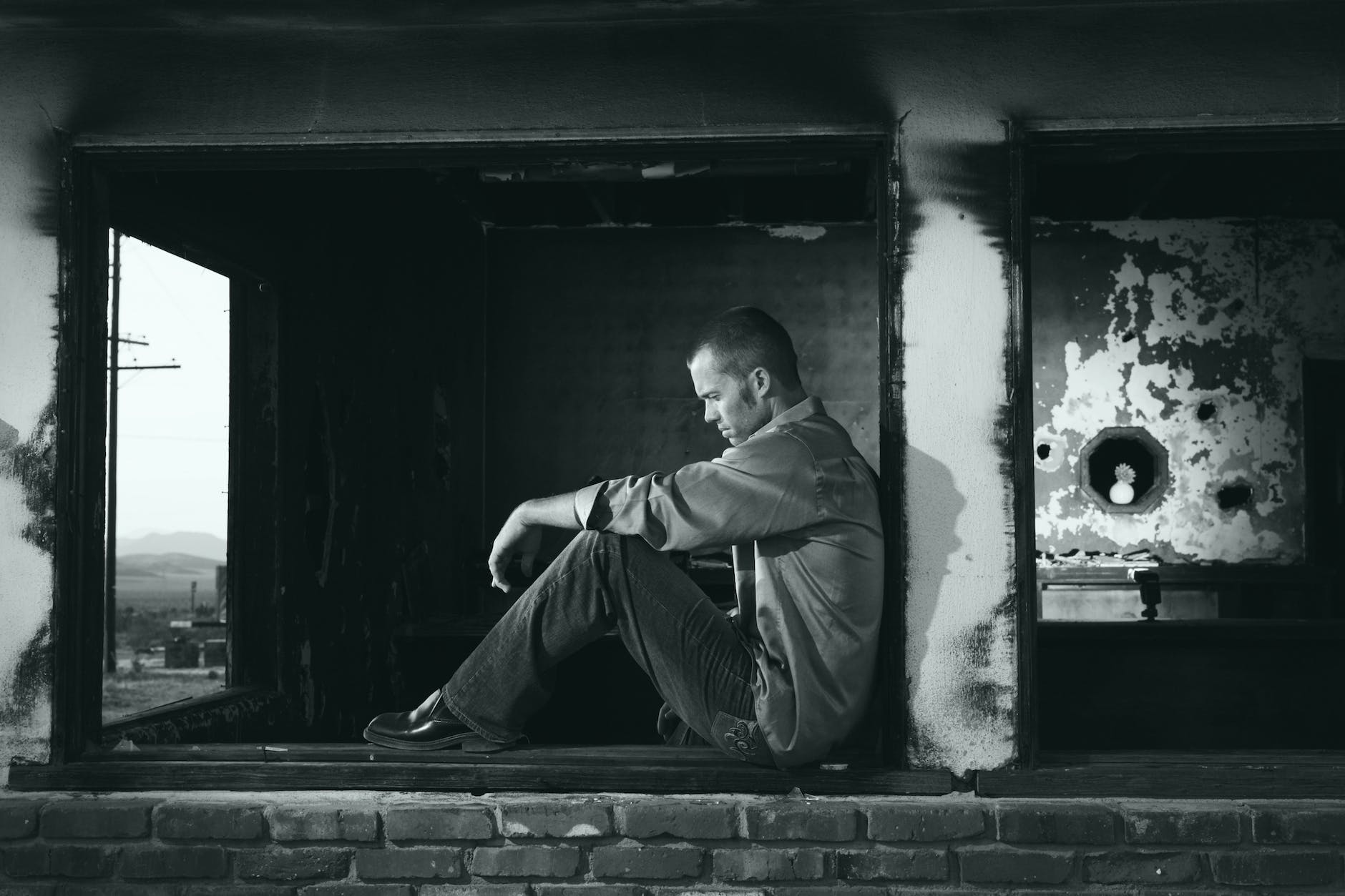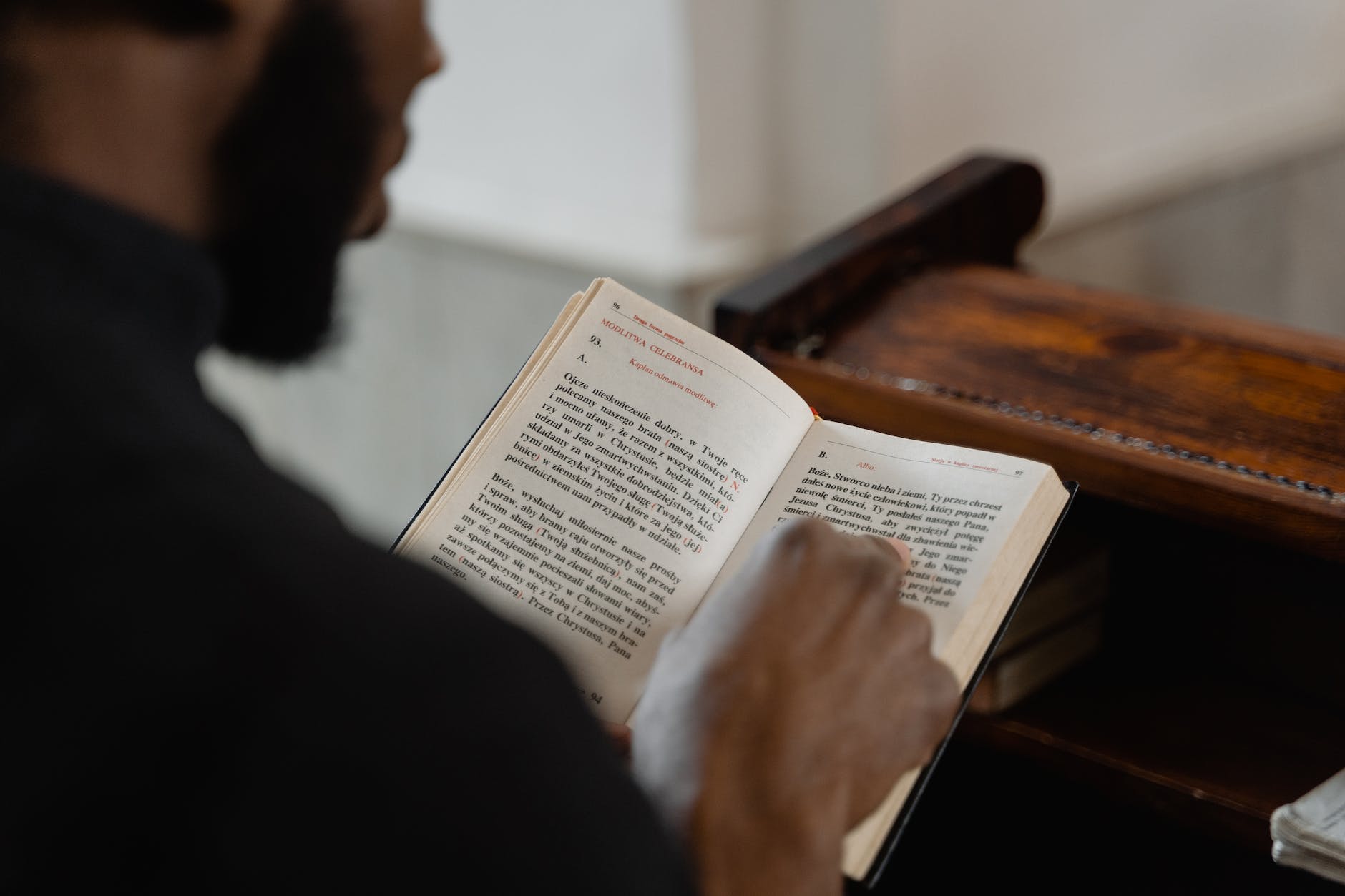Discovering unwavering strength and determination on the path to recovery with the guidance of the Book of James.
Recovery: Endurance, Healing Relationships, and Self-esteem
Looking at the short list of reasons (out of many) from the previous article, we can see that we need resilience and determination in recovery; let’s dig a little deeper and look at how the Book of James can be a transformative resource for individuals seeking endurance, healing, willpower, and hope in the face of challenges.
For review, here is the list:
- Enduring through the processes of change ⬇️
- Healing Damaged Relationships with others ⬇️
- Healing the relationship with yourself (self-esteem) ⬇️
- Fixing the challenges of your own making
- Strengthen and build your willpower
- Hold on to hope

1. Enduring through the Processes of Change:
2 Consider it all joy, my brothers and sisters, when you encounter various trials, 3 knowing that the testing of your faith produces endurance. 4 And let endurance have its perfect result, so that you may be perfect and complete, lacking in nothing.
Uncertainty and discomfort often accompany changing and overcoming struggles of all kinds. The tiny Book of James encourages endurance during these transitional periods. It teaches us to remember that these trials will lead to growth and transformation. By embracing change and trusting in the process, individuals can find the strength to endure and navigate personal growth challenges.
The core of this verse begins with “faith.” According to this verse, it is implied that without faith, the whole system breaks down. The encountering of the trial becomes pointless and destructive. With faith, this trial becomes a process that will leave a person perfect and complete. A fancy way of saying “changed for the better.”
On that journey to completeness is “endurance.” That thing that drives us through those tough times and encourages us to keep going and hold on no matter what. The strength to keep going even when everything in us wants to turn back and do something self-destructive.
Those trials and struggles we each go through in recovery are not just times of discomfort. They are the opportunities to change and become whomever we will be on the other side of recovery. Every struggle is a glimmer of hope that we should appreciate with joy, knowing how much better our world can be when the process produces the perfect result.

Healing Damaged Relationships with Others:
Much of The Book of James is focused on interpersonal relationships and details of how they should look for a person walking the journey of faith, but here are a couple of examples of how this book speaks on how we got to this point and what are a few boundaries we should adopt on our faith journey towards recovery.
1What is the source of quarrels and conflicts among you? Is the source not your pleasures that wage war in your body’s parts? 2 You lust and do not have, so you commit murder. And you are envious and cannot obtain, so you fight and quarrel. You do not have because you do not ask.
…and a few boundaries:
11 Do not speak against one another, brothers and sisters. The one who speaks against a brother or sister, or judges his brother or sister, speaks against the law and judges the law; but if you judge the law, you are not a doer of the law but a judge of it. 12 There is only one Lawgiver and Judge, the One who is able to save and to destroy; but who are you, judging your neighbor?
James, in these passages, speaks of the cause of all of our issues with people to be rooted in some level of selfishness and self-centeredness. This is also a central element described in the original document for all things Twelve Step as follows:
Selfishness – self-centeredness. That we think is the root of our troubles. Driven by a hundred forms of fear, self-delusion, self-seeking, and self-pity, we step on the toes of our fellows and they retaliate. Sometimes they hurt us, seemingly without provocation, but we invariably find that at some time in the past we have made a decision based on self which later placed us in a position to be hurt.
Alcoholics Anonymous, Pg 62.
The concept of understanding and changing the deep focus on self and selfish actions is central to many in recovery and, as outlined by James in this passage, is central to most walking out a faith journey.
The second passage emphasizes respecting others and avoiding harmful speech and actions. One way to repair broken relationships is by offering grace, forgiveness, and compassion, which can help individuals reconcile and heal. Healing and restoration can occur through open communication and genuine efforts to repair the harm caused.

Healing the Relationship with Yourself (Self-esteem):
9 Now the brother or sister of humble circumstances is to glory in his high position; 10 but the rich person is to glory in his [a]humiliation, because like [flowering grass he will pass away. 11 For the sun rises with its scorching heat and withers the grass; and its flower falls off and the beauty of its appearance is destroyed; so also the rich person, in the midst of his pursuits, will die out.
12 Blessed is a man who perseveres under trial; for once he has [been approved, he will receive the crown of life which the Lord has promised to those who love Him.
Here James starts by focusing on leveling the playing field between the obvious sources of pride and of discouragement in his time, wealth, and status (still similarly true today). He brings the proud down and the downtrodden he brings up to an equal position as just people on this journey. Then he adds the hope that the ones who can make it through the challenging journey of faith, no matter who they are, will be lifted up by divine power.
Then in terms of tools to assist with how we look at ourselves:
23 For if anyone is a hearer of the word and not a doer, he is like a man who looks at his natural face in a mirror; 24 for once he has looked at himself and gone away, [he has immediately forgotten what kind of person he was. 25 But one who has looked intently at the perfect law, the law of freedom, and has continued in it, not having become a forgetful hearer but [an active doer, this person will be blessed in [what he does.
James emphasizes the importance of self-reflection coupled with taking action. Individuals can strengthen their life, recovery, and self-esteem by aligning their behavior with positive values and beliefs. Taking action towards personal growth, embracing self-acceptance, and seeking a deeper understanding of one’s purpose can lead to healing and an improved relationship with oneself. That healing and improved relationship with yourself is all a part of being blessed in what you do.




One response to “From Trials to Triumph: Building Resilience and Determination from the Book of James… (part 2)”
[…] Enduring through the processes of change […]